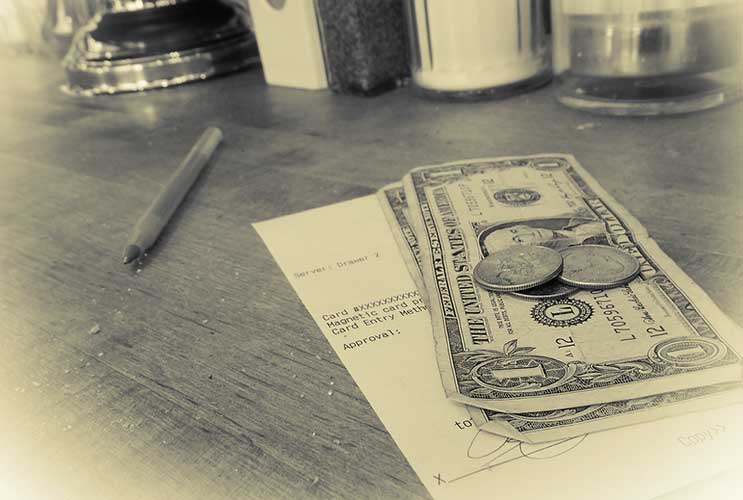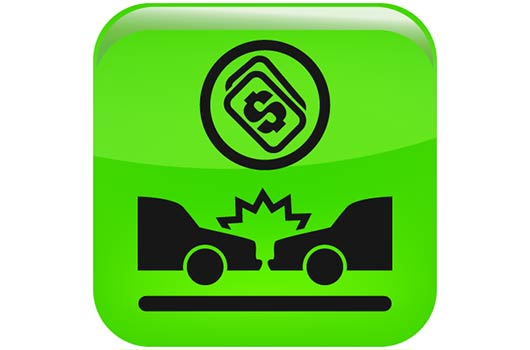
There is an urban myth about a restaurant in NYC’s Chinatown where one of the waitstaff will chase stingy customers who don’t follow basic tipping guidelines down the street, cursing them out in Cantonese. All restaurants, perhaps, should adopt this practice. There is nothing ruder that under-tipping, especially when folks rely on each and every dollar to make ends meet. “Tips are not optional. They are how waiters get paid in America,” explains Chelsea Welch, a now-famous Applebee waitress. No tip from you? No groceries, no rent, nothing for them.
If the U.S had a system like Europe, where servers are paid a base salary that constitutes a living wage, the gratuity would simply be a whimsical surprise. Our tipping practices in the U.S. may be outdated, confusing, and abstract but until we improve our system, raise the minimum wage by a lot, or pay servers an adequate base wage, the people who serve us need to be treated better. Here are some tipping guidelines to consider when it comes to leaving gratuity.
1. Tips & Taxes
Waitstaff are expected to report their tip earnings to the IRS and pay taxes on them. This should be proof enough that they constitute earnings—money gained for services rendered—and not an extra gift.
Read Related: Holiday Tipping: Who To Tip and How Much Cash?











